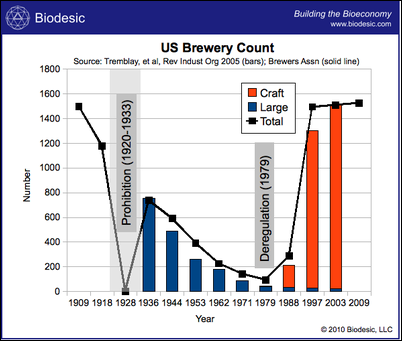Writing at Marginal Revolution, Alex Tabarrok wonders “Why haven’t the $500 bills been picked up?”:
High speed rail, especially California’s project, looks to me to be monorail economics, a costly boondoggle whose appeal lies not in rational calculation […] but in the desire of some politicians (and voters) to feel visionary and sexy. In theory, CA HSR might work but the inevitable reviews, delays, lawsuits and special interest payoffs make the prospects of a beneficial project look dim, demosclerosis kills.
Slow speed rail, however, i.e. freight transport, isn’t sexy but Warren Buffett is investing in rail and maybe we should as well. In particular, there are basic infrastructure projects with potentially high payoffs. Congestion in Chicago, for example, is so bad that freight passing through Chicago often slows down to less than the pace of an electric wheel chair. Improvements are sometimes as simple as replacing 19th century technology with 20th century (not even 21st century!) technology. Even today, for example:
…engineers at some points have to get out of their cabins, walk the length of the train back to the switch — a mile or more — operate the switch, and then trudge back to their place at the head of the train before setting out again.
In a useful article Phillip Longman points out that there are choke points on the Eastern Seaboard which severely reduce the potential for rail:
…railroads can capture only 2 percent of the container traffic traveling up and down the eastern seaboard because of obscure choke points, such as the Howard Street Tunnel in downtown Baltimore. The tunnel is too small to allow double-stack container trains through, and so antiquated it’s been listed on the National Register of Historic Places since 1973. When it shut down in 2001 due to a fire, trains had to divert as far as Cincinnati to get around it. Owner CSX has big plans for capturing more truck traffic from I-95, and for creating room for more passenger trains as well, but can’t do any of this until it finds the financing to fix or bypass this tunnel and make other infrastructure improvements down the line.




